Possible Successors To Pope Francis: Exploring Leading Candidates For The Papacy
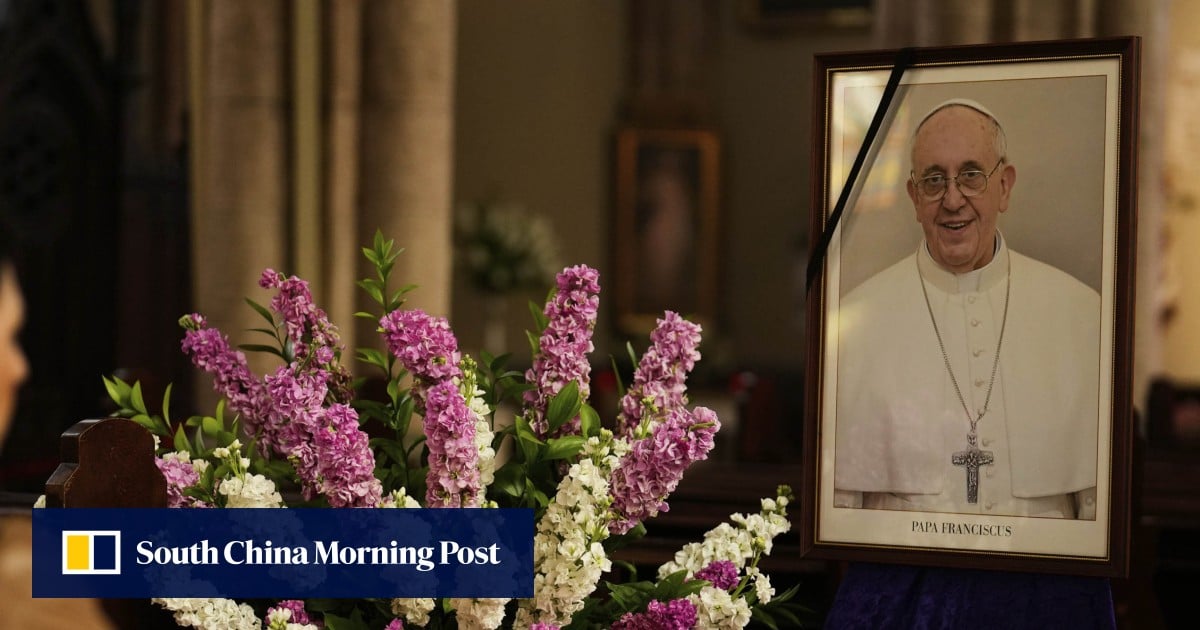
Table of Contents
Cardinal Pietro Parolin: The Papal Secretary of State
Cardinal Pietro Parolin, the Vatican's Secretary of State, is a consistently mentioned name among potential successors to Pope Francis. His extensive experience as the Vatican's top diplomat is a major asset. He possesses unparalleled expertise in international relations, navigating complex geopolitical landscapes with skill and diplomacy. His administrative capabilities are also undeniable, having managed the day-to-day operations of the Holy See with efficiency.
However, Parolin's perceived "centrist" stance could be both a strength and a weakness. While his pragmatism allows for compromise and collaboration, some may see this as a lack of a strong, distinctive theological vision. This could potentially leave him vulnerable to criticism from both progressive and conservative factions within the Church.
- Extensive experience in Vatican diplomacy, forging strong relationships with world leaders.
- Demonstrated administrative skills in managing the complex bureaucracy of the Holy See.
- Known for his pragmatic approach to problem-solving and international relations.
- May face criticism for perceived lack of a bold, transformative theological perspective.
Cardinal Luis Antonio Tagle: The Prefect of the Congregation for the Evangelization of Peoples
Cardinal Luis Antonio Tagle, the Prefect of the Congregation for the Evangelization of Peoples, enjoys immense popularity, particularly across Asia. His charisma and humble, approachable style resonate deeply with people from all walks of life. His emphasis on pastoral care and his unwavering commitment to serving the poor align closely with Pope Francis's own priorities.
Tagle's theological leanings are characterized by a strong focus on social justice and the importance of evangelization through acts of service. His experience in missionary work and his deep understanding of the challenges faced by the Church in various parts of the world could make him a highly effective leader in promoting global evangelization.
- Known for his humble and approachable style, connecting easily with people from diverse backgrounds.
- Strong focus on social justice, advocating for the rights and needs of the poor and marginalized.
- Extensive experience in missionary work and evangelization in various parts of the world.
- Could potentially bring a fresh perspective and appeal to a wider, more global audience.
Cardinal Marc Ouellet: The Prefect of the Congregation for Bishops
Cardinal Marc Ouellet, the Prefect of the Congregation for Bishops, represents a more conservative wing within the Church. His theological views are firmly rooted in traditional Catholic doctrine, and his experience in overseeing the appointment of bishops provides him with invaluable insight into the complexities of Church governance. This experience could be a significant advantage in maintaining doctrinal unity and stability within the Church.
However, Ouellet's traditional approach might pose challenges in appealing to progressive Catholics. While his strong theological grounding could be seen as a source of strength for conservative factions, it could simultaneously hinder his ability to bridge the divide within the Church and unite diverse viewpoints.
- Strong adherence to traditional Catholic doctrine and unwavering commitment to its principles.
- Vast experience in the appointment of bishops, providing insights into Church governance and leadership.
- May garner significant support from more conservative segments of the Catholic population.
- Could face difficulties in uniting the Church's diverse theological perspectives and fostering inclusivity.
Other Potential Candidates and Dark Horses
While Cardinals Parolin, Tagle, and Ouellet are frequently mentioned, several other cardinals possess the qualities and experience to be considered contenders. These include [mention several other cardinals by name and their positions]. The selection process is complex, influenced by factors such as theological alignment, regional representation, and pastoral experience.
The possibility of a "dark horse" candidate – someone less prominently discussed but possessing significant influence within the College of Cardinals – also remains. Papal elections are notoriously unpredictable, making any prediction a challenging endeavor. The Conclave's decision-making process is shrouded in secrecy, emphasizing the potential for surprising outcomes.
- Several other cardinals, each with unique strengths and areas of expertise, could emerge as strong contenders.
- The Conclave's decision-making process is influenced by a multitude of factors, making predictions challenging.
- The possibility of a surprise candidate emerging from relative obscurity cannot be ruled out.
The Importance of the Next Papal Election
The Catholic Church faces significant challenges in the 21st century: declining attendance in some regions, internal divisions on key theological and social issues, and the impact of global conflicts and social changes. The next Pope's leadership will be crucial in guiding the Church through these turbulent waters. The chosen successor's theological orientation will significantly shape Church policy on issues such as social justice, environmental stewardship, and interfaith dialogue.
The future direction of the Church hinges on the decisions made by the next Pope. Whether it's a continuation of Pope Francis's reformist agenda or a shift towards a more conservative approach, the election will undoubtedly have far-reaching consequences.
- Declining attendance in some regions poses a significant challenge to the Church's global reach.
- Internal divisions on key theological and social issues require sensitive and effective leadership.
- Global conflicts and social changes necessitate a thoughtful response from the Church's highest authority.
Considering the Possible Successors to Pope Francis
The selection of the next Pope will be a pivotal moment for the Catholic Church. The candidates discussed above each offer a unique blend of strengths and challenges. Cardinal Parolin's diplomatic expertise, Cardinal Tagle's pastoral charm, and Cardinal Ouellet's theological grounding all present distinct paths for the future of the Church. The unpredictability of the Conclave adds another layer of intrigue to this significant event. The impact of this election will be felt globally, influencing millions of lives and shaping the future of one of the world's largest religions. We encourage you to delve deeper into this crucial topic. Consider the potential successors to Pope Francis and engage in further research and discussion. Share your thoughts on who you believe could be the next Pope and what the implications might be for the future of the Church. What qualities do you believe are most important in the next leader of the Catholic Church? Let's continue the conversation about the future successors to Pope Francis.

Featured Posts
-
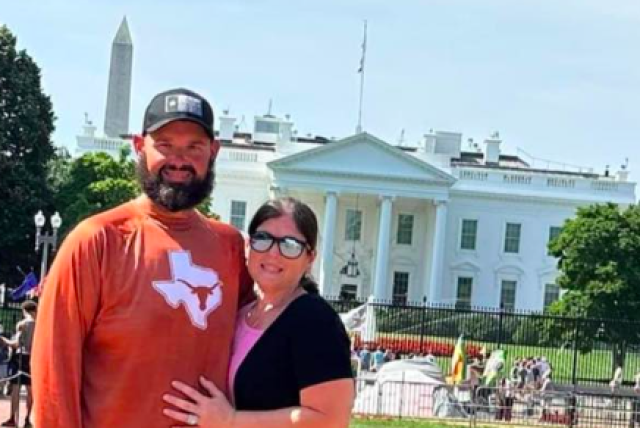 Avestruz Ataca A Boris Johnson Durante Paseo Familiar En Texas
May 12, 2025
Avestruz Ataca A Boris Johnson Durante Paseo Familiar En Texas
May 12, 2025 -
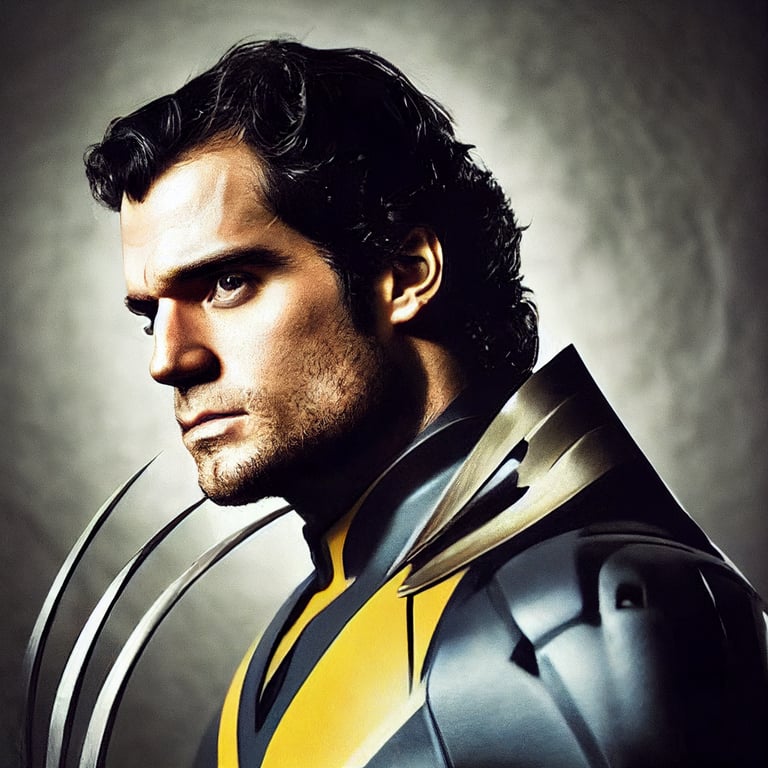 Henry Cavill Wolverine Speculation Examining The World War Hulk Casting Rumors
May 12, 2025
Henry Cavill Wolverine Speculation Examining The World War Hulk Casting Rumors
May 12, 2025 -
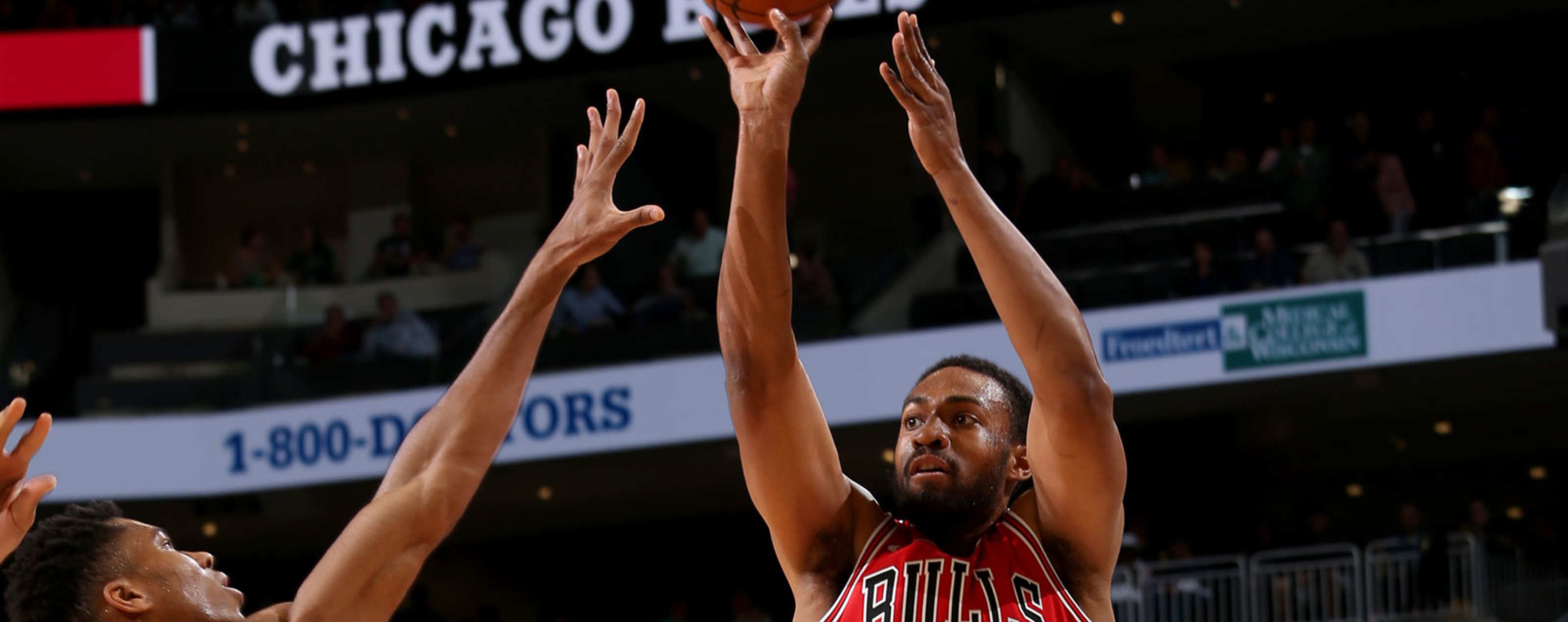 Bulls Fall To Knicks In Back To Back Overtime Losses
May 12, 2025
Bulls Fall To Knicks In Back To Back Overtime Losses
May 12, 2025 -
 Black Gold In Uruguay The Future Of Offshore Drilling And Its Impact
May 12, 2025
Black Gold In Uruguay The Future Of Offshore Drilling And Its Impact
May 12, 2025 -
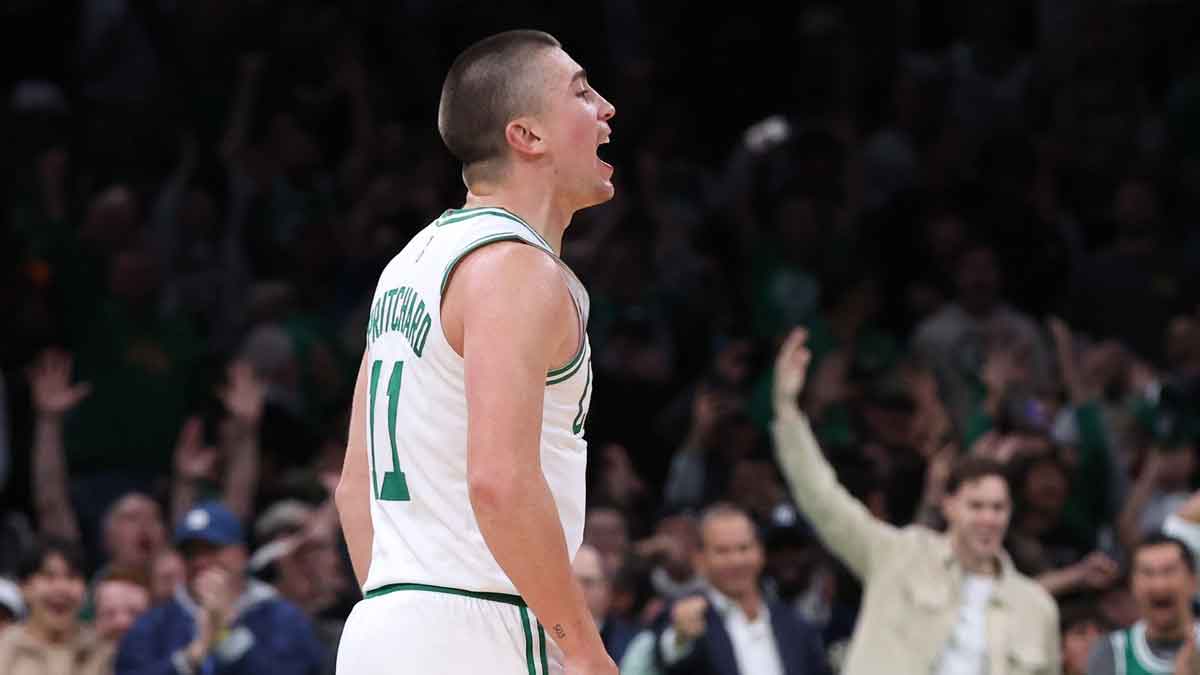 Nba Sixth Man Award Payton Pritchards Inspiring Journey
May 12, 2025
Nba Sixth Man Award Payton Pritchards Inspiring Journey
May 12, 2025
